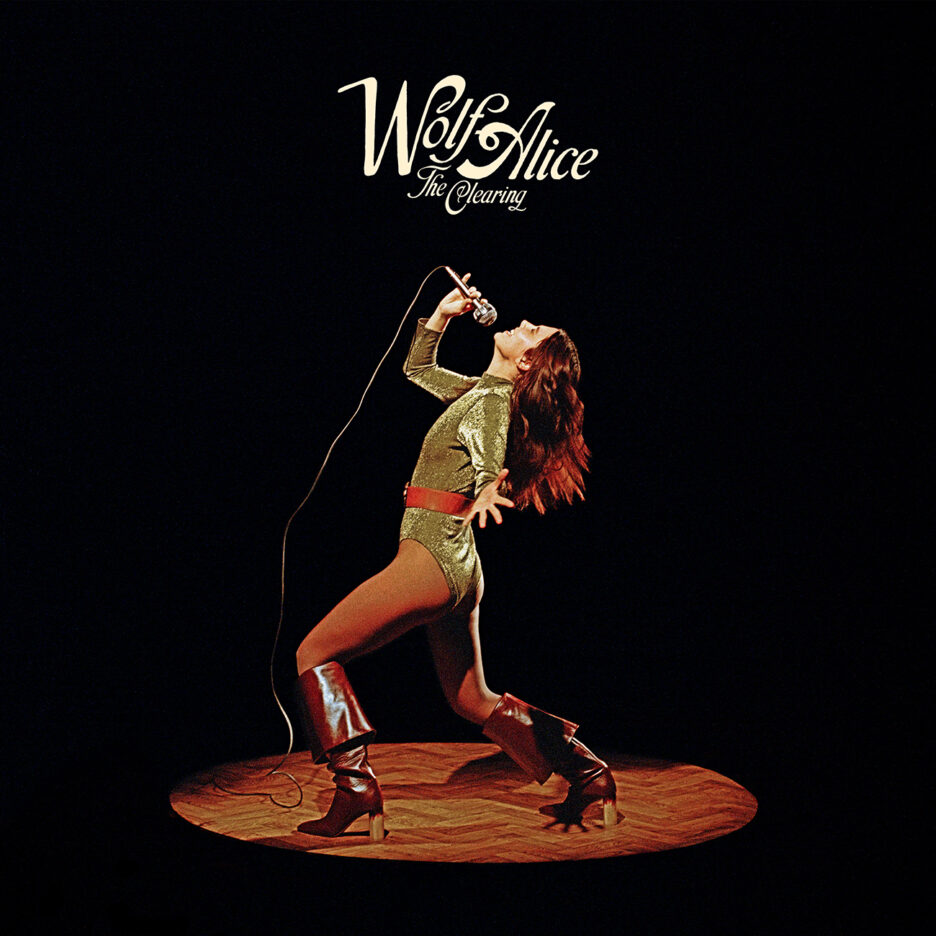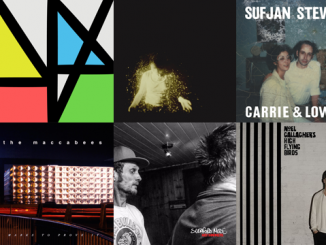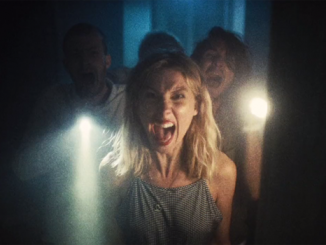Four years after their Brit Award-winning Blue Weekend gave them their first UK No. 1, Wolf Alice return with The Clearing—an album that feels less like a follow-up and more like a hard-earned arrival. Rather than rushing to capitalise on success, Ellie Rowsell, Joel Amey, Joff Oddie, and Theo Ellis paused to consider their next step.
With Greg Kurstin at the helm, they’ve crafted their most cohesive work to date: widescreen in scope, drenched in cinematic emotion, yet anchored by Rowsell’s most vulnerable songwriting and finest vocal performances.
Wolf Alice have always been shapeshifters, able to bend shoegaze, grunge, folk, and pop into their own orbit. Here, though, the focus is sharper. Rowsell has said the band’s goal was to write songs that could outlast trends, and the result is an album of towering melodies, silken harmonies, and orchestration that rewards close listening. What’s remarkable is how unified the band sound nearly fifteen years on, still with their original line-up intact—no small feat in today’s music climate.
The opening track, “Thorns,” is a breathtaking statement of intent: a storm-cloud ballad where Rowsell admits she is “both narcissist and masochist,” unpicking trauma while resisting the temptation to dramatise it. The lead single “Bloom, Baby, Bloom” surges with confidence—maximalist drums and bass underscoring a rejection of expectation—while “Just Two Girls” radiates warmth, celebrating female friendship with grace and allure.
Elsewhere, Rowsell’s lyricism cuts deeper than ever. “Leaning Against the Wall” strips back to acoustic folk to capture the quiet agony of unrequited obsession, asking with striking simplicity, “Is love our greatest performance?” “Play It Out,” a piano ballad destined to break hearts, confronts the decision not to have children with unflinching honesty, wondering whether future regret will haunt her when it’s too late. It’s one of the album’s defining moments, both delicate and devastating.
Still, Wolf Alice are careful never to drown in introspection. Tracks like “Safe in the World,” “Bread, Butter, Tea, Sugar,” and “Passenger Seat” flex the band’s rock-pop muscle, injecting urgency and variety to offset the ballads’ heavy reflection. The record closes with two contrasts: “White Horses,” where Rowsell and Amey trade vocals on a rush of energy, and “The Sofa,” a gauzy dreamscape that lingers like a final meditation on desire, memory, and contentment.
If The Clearing channels echoes of The Beatles, Florence and the Machine, Portishead, and Sinéad O’Connor, those influences never overwhelm; instead they refract through Wolf Alice’s own prism. The album’s strength lies in how its songs accumulate emotional weight, each one deepening the impact of the last. More than anything, it reminds us that Rowsell’s voice—sprawling from fragile intimacy to powerhouse force—is one of the great instruments in contemporary music.
The Clearing is Wolf Alice at their most assured: fearless, emotionally raw, and intent on carving songs that will outlast fleeting trends. A near-masterpiece.





Be the first to comment